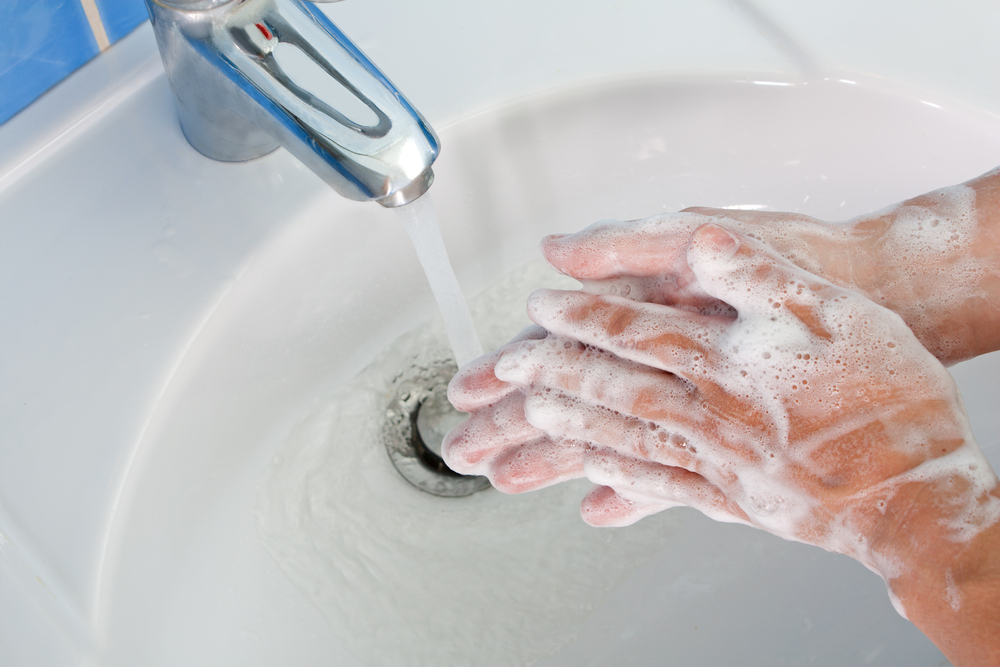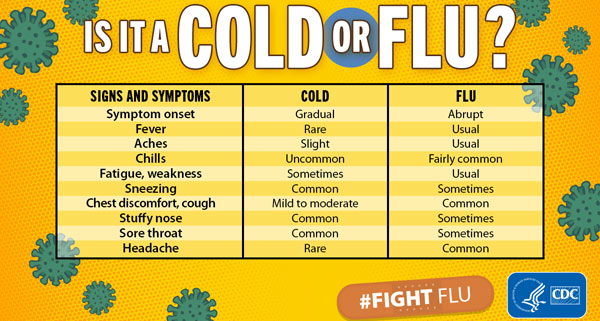 Use these strategies to keep you and your loved ones healthy and safe from the spread of the coronavirus (COVID-19) as well as other viral infections this year. With so much information circulating about how to prevent viral infections like this latest outbreak of the coronavirus or COVID-19, there may be confusion over which actions are and are not helpful in stopping the spread of contagious illnesses. Therefore, we put together these proactive measures you can take starting today as well as the notable symptoms that may indicate a possible infection.
Use these strategies to keep you and your loved ones healthy and safe from the spread of the coronavirus (COVID-19) as well as other viral infections this year. With so much information circulating about how to prevent viral infections like this latest outbreak of the coronavirus or COVID-19, there may be confusion over which actions are and are not helpful in stopping the spread of contagious illnesses. Therefore, we put together these proactive measures you can take starting today as well as the notable symptoms that may indicate a possible infection.
The First Line of Defense
The first line of defense against any viral infection or bacterial infection, for that matter, is you. Start by getting a flu shot, then stay six feet or more from infected individuals, disinfect hard surfaces in your home and car, and wash your hands thoroughly for 20 seconds with warm water before you eat and drink or before touching your face. Soap and water when used correctly are effective at killing this strain and a multitude of other potentially harmful germs. If soap and water are not available, use an alcohol-based hand sanitizer with at least 60% alcohol. Since most everyone touches their face oftentimes without knowing it, washing your hands after being outside the home or coming into contact with other humans can be helpful as well. Hand washing also reduces the risk of allowing such germs to live on hard surfaces in your home.
When to Use Face Masks
You have undoubtedly seen the images of healthy people wearing masks during this viral epidemic in news stories. The CDC recommends wearing face masks with filters when in heavily populated areas. However, masks are better at preventing the spread of germs when worn by infected individuals. That way the masks are able to reduce the spread of germs from the individuals while coughing and sneezing. If you are experiencing any signs of illness, please stay home and rest as much as possible. For those essential errands, a mask is one way those with illnesses ranging from colds to COVID-19 can help keep high-risk individuals in the community safe from harm.
Colds vs Allergies Symptoms
Is it a cold or allergies? This is the time of year when pollen, grass, and other environmental allergies can produce a wide variety of symptoms that can mimic cold symptoms. There are also indoor allergens, such as dust mites and pet dander, that can produce an allergic reaction. If you have itchy or watery eyes, it is more likely you are suffering from an allergic response than a cold. On the other hand, if your mucus is thick and yellow or green in color, these are all indicators of a cold. The good news with allergies is there are many effective measures you can take to counteract or reduce the effect of the allergens. Contact your physician for treatment suggestions.
Is it a Cold or Influenza?
While both colds and influenza commonly referred to as "the flu" have many symptoms in common, there are ways to decide if a flu test is in order. For example, you can check your symptoms against this list posted by the Centers for Disease Control and Prevention (CDC). Mainly, you are looking for an accompanying headache, chills, aches, or a fever to indicate you may have the flu. Should you suspect you have been exposed to the flu virus or are seeing signs of the flu, contact your physician for suggested next steps for testing and possible treatment options. Remember when you first experience any signs of illness beyond allergies, it is helpful to stay hydrated, remain at home and at least six feet away from other individuals within your home as much as possible, and wash your hands frequently.
What is Different About the Coronavirus Symptoms?
The coronavirus or COVID-19 is a respiratory illness that presents differently than the flu or a cold. If you experience ongoing coughing or shortness of breath, which can range from mild to severe in nature, contact your physician immediately to learn about testing availability. It is important to seek medical attention as early as possible for optimum care and to prevent the spread of the infection to others when you suspect you are infected with a virus such as the flu or COVID-19.
In conclusion, while we should all follow the government's advice about reducing our exposure in public as much as possible, the primary ways to avoid getting any viral or bacterial infection starts with the healthy hygiene habits noted above, staying home when experiencing even mild signs of illness, and practicing social distancing from infected individuals. If you have a fever, aches, chills, an ongoing cough, or shortness of breath and you are near the Lake Wales, Florida area, contact our office at (863) 949-6541 to discuss medical testing options. Your health and the well-being of our community is our priority.